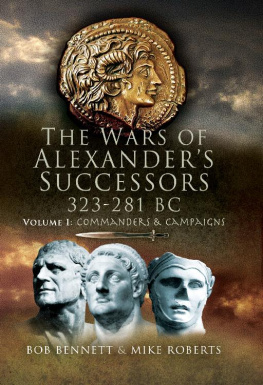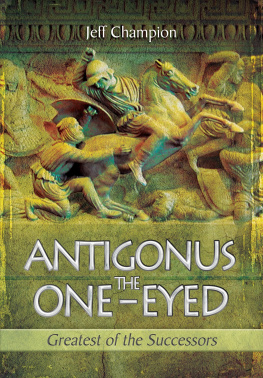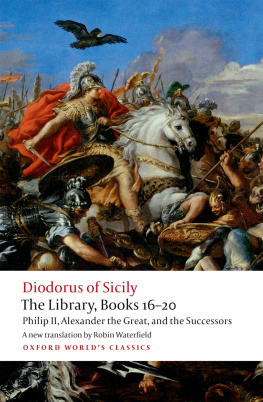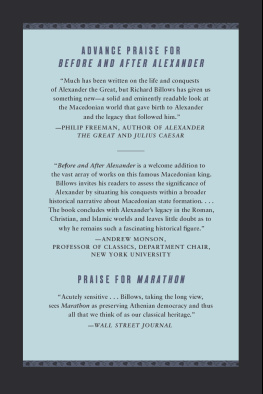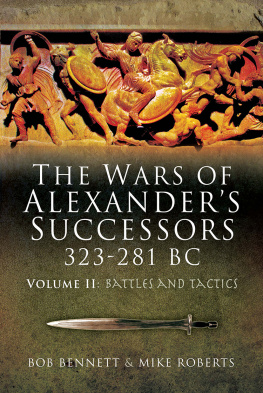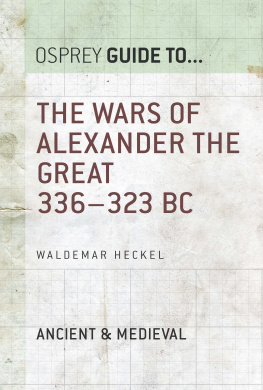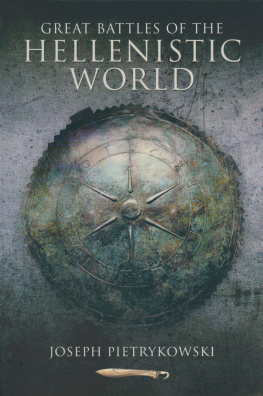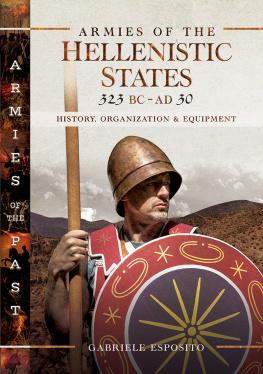

First published in Great Britain in 2008 and reprinted in 2011 by
PEN & SWORD MILITARY
An imprint of
Pen & Sword Books Ltd
47 Church Street
Barnsley
South Yorkshire
S70 2AS
Copyright R Bennett and M Roberts 2008, 2011
ISBN 978 1 84415 761 7
ISBN 978 1 84884 926 6 (ebook)
The right of R Bennett and M Roberts to be identified as Authors of this work has been asserted by them in accordance with the Copyright, Designs and Patents Act 1988.
A CIP catalogue record for this book is available from the British Library
All rights reserved. No part of this book may be reproduced or transmitted in any form or by any means, electronic or mechanical including photocopying, recording or by any information storage and retrieval system, without permission from the Publisher in writing.
Printed and bound in England By CPI Group (UK) Ltd, Croydon, CRO 4YY
Pen & Sword Books Ltd incorporates the Imprints of Pen & Sword Aviation, Pen & Sword Family History, Pen & Sword Maritime, Pen & Sword Military, Pen & Sword Discovery, Wharncliffe Local History, Wharncliffe True Crime, Wharncliffe Transport, Pen & Sword Select, Pen & Sword Military Classics, Leo Cooper, The Praetorian Press, Remember When, Seaforth Publishing and Frontline Publishing
For a complete list of Pen & Sword titles please contact
PEN & SWORD BOOKS LIMITED
47 Church Street, Barnsley, South Yorkshire, S70 2AS, England
E-mail: enquiries@pen-and-sword.co.uk
Website: www.pen-and-sword.co.uk
Contents
Though both authors have always had a love of ancient history, the seed of the book germinated after reading Robin Lane Foxs magisterial Alexander the Great . We felt an abiding curiosity as to what had actually happened after Alexanders death and that his lieutenants merited much more attention than they had received. Failing to find the necessary information, we decided to do the job ourselves.
Our first personal acknowledgement must be to Bobs old Latin teacher, Mr Polack, who is sadly no longer with us. He kindly agreed to translate the appropriate fragments from Polynaeus which was the one key source we could not find in translation. Then there is Jeff Champion, who we have not met but who read the book on our website and, though hoping to publish a similar work, selflessly recommended it to Pen and Sword Books. There we have been fortunate to have as a commissioning editor, Philip Sidnell, who has been willing to give us a chance to get published and has supported us every step of the way.
Special thanks must go to our family and friends who have tolerated us putting so much time over so many years into this project. Bobs mother has been very enthusiastic and supportive over the last few months. Finally, our thanks go to our wives, Janet and Sue, and our children, Katie, Joe, Philip and Steve, whose intermittent interest has always been a morale booster.

When Alexander III of Macedon crossed into Asia in 334 BC, with an army of nearly 40,000 men, he staked a claim to be the most significant figure of the ancient world. Mature analysis understands that the grand design of History is ultimately influenced not by individuals but by the movements of natural, economic and social forces. Yet, Alexanders career seems to be the exception that undermines the rule. The progress of civilisation, the rise and fall of great states, occur because of climatic change, developments in technology and trade; they are not determined by kings, generals, scientists or philosophers. Julius Caesar, Archimedes and Plato are the great instrumentalists in the orchestra; their virtuosity affects and enlivens the symphony but does not change its nature or direction. In this company Alexander is unique. Something in his nature drove him to do what Xenophon, Agesilaus, even Philip, his own father, and surely most of his followers considered impossible. These men would have thought the conquest of Asia Minor, or at most the destruction of Persepolis, enough achievement for any lifetime; but for Alexander all this, the acquisition of the whole of Iran and the northwest of the Indian subcontinent was not enough to satisfy his appetite.
Without Alexander it would have been different. Certainly the Persian Empire was weak, ramshackle and ripe for a take-over. The western satrapies would no doubt have fallen to aggressive invaders from the west whoever led them, but, without the great Macedonians unique and extravagant ambitions, the lands east of Mesopotamia would not have felt any direct impact. A rump Iranian state would doubtless have survived east of Babylon; Hellenism would not have spread to the shores of the Caspian or the valleys of Transoxania and into what is now modern Pakistan. The remarkable fusion of the Greek kingdoms of Bactria would never have come about and the rich trade of Asia would not have flowed unrestrictedly to fuel the great centres at Antioch, Alexandria and Ephesus, where the light of Hellenistic civilisation burned so brightly for centuries after Alexanders death.
But if this Macedonian princeling is honoured for a titanic influence that justified self-elevation to Olympus, he did not do his work alone. The extraordinary conqueror of Darius was kept company by lieutenants who lived on a scale almost as Homeric as his own. The story of these men during Alexanders life would make them sufficiently worthy of notice; without their bravery and talent he could not have filled the years between 334-323 BC with the incredible achievements he did. Yet, it was the fact that many of these same individuals dominated the world for forty years after his death that puts their true significance into perspective. Alexander died young, after achieving so much, whilst many of these comrades kept burning the fire of ambition until in their seventies and eighties. They rarely died in their beds and in the case of two they were cut down in battle near the age of eighty.
Out of their struggles emerged dynasties that rang down the passage of time. Some were temporary with progeny despoiled and kingdoms dismembered on the founders violent death. One made a bid that looked set for two decades to reunite the whole of Alexanders empire only to founder in cataclysmic reverse. Even so, his grandson emerged to create a dynasty that ruled Macedonia itself until the final Roman deluge brought down Alexanders kingdom at Pydna in 146 BC. These were no puny actors on the stage of history and though it is a temptation to look at each individually, their fortunes began together and their destinies were so intermingled, it is hard to separate them.
These, the first of Alexanders Successors; the Diadochi , have not received a fair share of attention from historians. General works exist, but frequently the years from Alexanders death to 280 BC are treated as an introduction; a settling of the sands that reveals the finished world of Hellenistic kingdoms.
Interest is drawn always to the monarch whose feats were so great and for whom the chronicles are extensive and detailed. Ragged, incomplete and questionable, the sources from which the story of the Successors has to be constructed has clearly discouraged the attempt. They stand in the rain-shadow of anothers mountainous achievements. The pattern of Alexanders career is clear and clean-rooted in the work of his father, moving along its extraordinary course to culminate in the tragedy of premature death. For the Successors there is no such easy appeal. All is confusion, with the rise and fall of these potentates apparently at the whim of random fate, dying in battle or assassinated with no neat driving force to fit them in place and time. Theirs is a struggle to survive and cement their power without the glamorous, and perhaps unlikely, vision of Macedonian-Iranian partnership that Alexander is sometimes credited with in his later years. Alexander broke the mould of the Classical world; he thought outside the restraints of his upbringing and claimed a prestige of godhead that leaves the student feeling he was unlike other men of his, or any, age. This makes him difficult to grasp; he bestrides the world too high to be knowable in ordinary terms, though the attempts to do so have consumed forests of paper over the centuries. But his Successors are exemplars of human fallibilities and seem more contemporary for it. Unbound, rootless and irresponsible, they are familiar, if far from wholly admirable. Seleucus with his loathing of paperwork, Lysimachus and his reputation for parsimony and Ptolemy with his inclination to ruinous domestic arrangements; they are graspable in a way that the all-conquering Macedonian Achilles is not.
Next page
